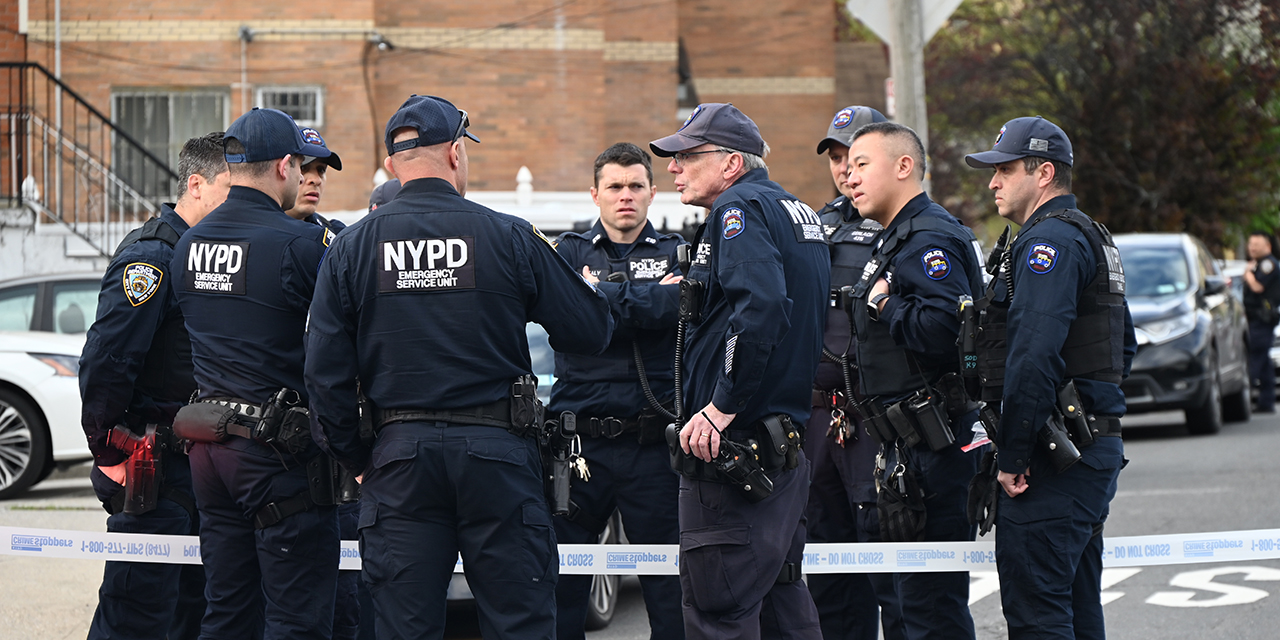Communities across Southern California have a new weapon in the struggle against crime. Acting on the complaints of fed-up citizens, local district attorneys are going to court and winning civil injunctions against gang activity. Police compile lists of local gang members' names; prosecutors take the gangsters to court, where they can tell the judge why they should not be included in the court order. The injunctions are tailored to the specific problems of each community. Some are designed to stop narcotics trade; others target partying, graffiti, or loud music. Most impose 10 pm curfews for gang members under 18 and allow police to stop anyone named in the injunctions who's on the street after midnight.
One order identified more than 30 members of Pasadena's Denver Lanes gang, who had effectively taken over a 12-square-block area. Residents were afraid to walk the streets and were forced to sleep on the floor for fear of random gunfire; gang members were even making residents pay to back out of their own driveways. The Pasadena injunction bars members from approaching passing pedestrians and cars, harassing drivers, and using beepers (which offer drug dealers mobility and the ability to warn others of approaching cops). The gang members are also forbidden to use rooftop lookouts, drink in public, or gamble. Violators face up to six months in jail and fines of up to $1,000.
Predictably, the NAACP and the ACLU are fighting the injunctions, calling them discriminatory and unconstitutional. It's an increasingly familiar story: liberal elites defending the disorderly, destructive few at the expense of ordinary residents of troubled neighborhoods. "When I see the ACLU and all opposing us, well, what about the civil liberties of the victims?" one 12-year resident of the area asked the Los Angeles Times. "The shooting has dropped down to nothing." The quality of life has improved as gangs have broken up, gone underground, or moved to the next town. So successful are these local crime-prevention projects that Governor Pete Wilson recently announced a $2.5 million program to help local communities cover the costs of filing injunctions.
By and large, gang members have complied with the court orders. In Norwalk, southeast of Los Angeles, cops have had to make only five arrests for violations. The genius of the approach is that it gives police and the community the ability to identify troublemakers publicly and hold them to account before their disorderly activity escalates into violence. Often police know exactly who the delinquents are: civil injunctions give them the power to act on that knowledge and reverse the degradation of a neighborhood before it's too late.




